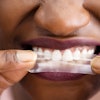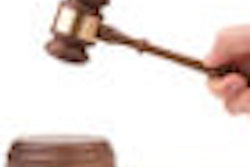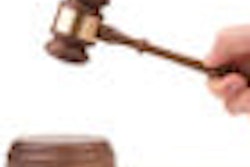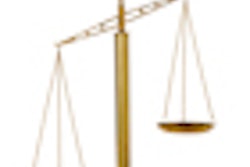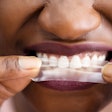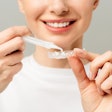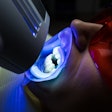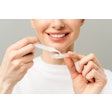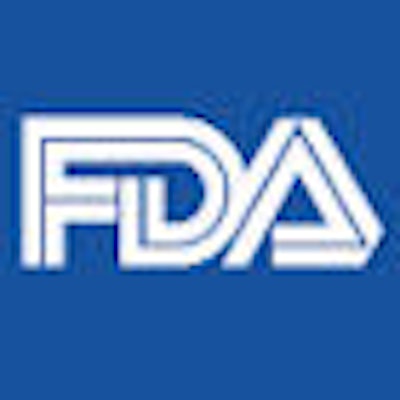
ADELPHI, Md. (Reuters) - U.S. health advisers are considering a time limit for taking a class of drugs used by millions of women to prevent bone fractures, due to concerns over unusual fractures linked to the medicines and possible higher cancer rates.
Two U.S. Food and Drug Administration advisory panels were jointly meeting on Friday over whether to recommend a "drug holiday" or otherwise clarify how long people should take a class of osteoporosis drugs known as bisphosphonates.
These drugs include Merck & Co's Fosamax, Warner Chilcott's Actonel, Roche's Boniva, and Novartis' Reclast.
Widely taken by women after menopause to prevent osteoporosis, drugmakers told the advisers that a sweeping imposition of an interruption in treatment may leave patients vulnerable to more fractures.
FDA staff said rare femur fractures appear to be associated with use of the drugs, and the risk of jaw bone death may increase the longer people take them orally. But they said the evidence for an increased cancer risk was inconsistent.
No advantage exists in staying on the drug beyond five years, FDA researchers said.
"In light of the risk-benefit challenges, the available data suggest that therapy can be safely discontinued without the loss of efficacy," said Dr. Marcea Whitaker, an FDA medical officer from the reproductive and urologic drugs division. "However, additional data are needed to further define an appropriate duration of drug cessation."
Some 4.5 million Americans over the age of 55 filled prescriptions for bisphosphonates in 2009. The medicines are commonly taken for osteoporosis, a progressive bone-thinning condition that typically causes bone fractures in the hip, wrist, or spine.
Boniva is available as either an injection or a tablet, Reclast is an injection, and the other drugs are taken orally.
Since Merck's Fosamax became the first bisphosphonate to get approval for osteoporosis in 1995, the labels for the drugs of this class have undergone multiple reviews and changes.
In 2005, a warning of higher risk of osteonecrosis of the jaw was added to labels, and in 2009, a caution about adverse gastrointestinal reactions. Earlier this year, the labels added a warning of atypical femur fractures and Reclast's label was changed to highlight a higher risk of kidney failure.
Just last month, a federal judge threw out part of a bellwether lawsuit against Merck, but said the plaintiff could pursue her claim that Merck's Fosamax had a design defect and caused her jawbone tissue to die.
Still, bisphosphonates remain a widely-used treatment option for women facing a risk of bone fractures.
"I have to tell my patients that we have no magic bullet, that our drugs decrease the risk of fracture but we have nothing that eliminates fracture," said Dr. Robert Adler, an invited speaker at the advisory meeting and endocrinology professor at the Virginia Commonwealth University.
"Despite rare side effects, those patients who take bisphosphonates have fewer fractures and lower mortality, and these findings need to be shared with our patients," he said.
Makers of the drugs emphasized that studies have not directly linked or explained the connection between their medicines and adverse side effects. They voiced concerns about the lack of data on what happens to patients who go off treatment and suggested "drug holiday" decisions are best done for each patient individually.
"A drug holiday may be appropriate for some patients, but that decision should be based on an individual risk-benefit basis, and a physician is in the best position to make that decision overall," said Joseph Kohles, international medical leader for Boniva at Roche.
By Alina Selyukh
Last Updated: 2011-09-09 17:00:53 -0400 (Reuters Health)
Copyright © 2011 Reuters Limited. All rights reserved. Republication or redistribution of Reuters content, including by framing or similar means, is expressly prohibited without the prior written consent of Reuters. Reuters shall not be liable for any errors or delays in the content, or for any actions taken in reliance thereon. Reuters and the Reuters sphere logo are registered trademarks and trademarks of the Reuters group of companies around the world.
